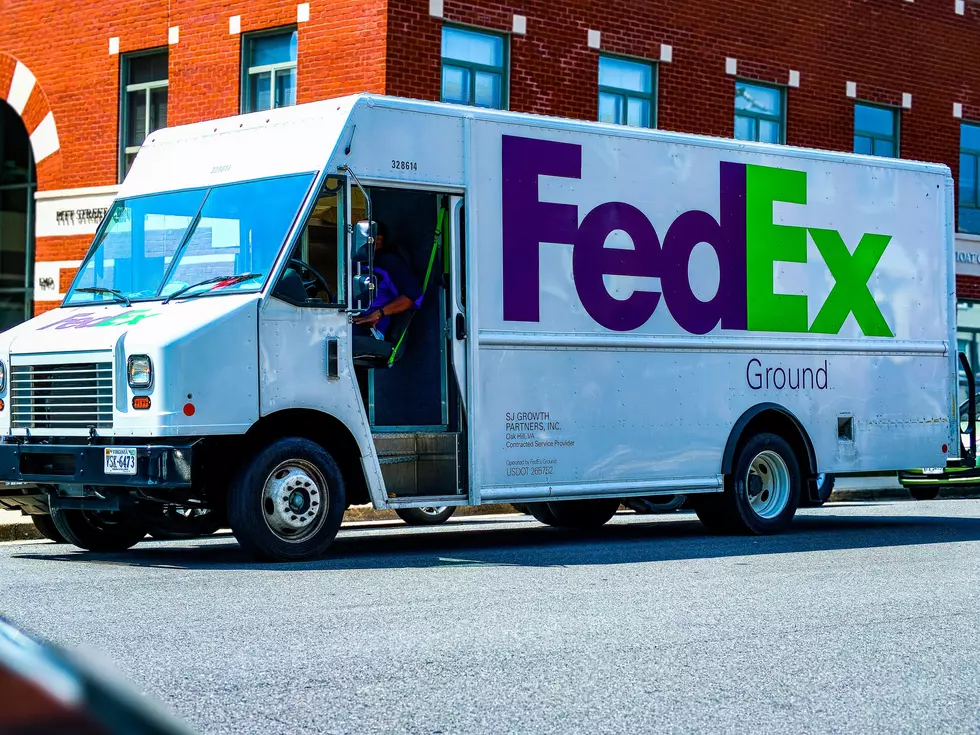![USPS To End Saturday Delivery [Poll]](http://townsquare.media/site/483/files/2013/02/USPS-630x410.jpg?w=980&q=75)
USPS To End Saturday Delivery [Poll]
It's been batted back and forth for months and months, and finally a decision has been made. The United States Postal Service will not be delivering first-class mail on Saturdays anymore.
It's expected that the postal service will deliver packages, medicine and express mail, but not letters, bills, cards and catalogs. Post offices that are open on Saturdays will still continue to be open on Saturdays.
The move is meant to save the financially struggling agency about $2 billion annually as it competes with email and social media which has eaten away at its core business of delivering mail, along with the climbing costs of providing health benefits to its workers.
In January, the USPS' board of governors directed management to accelerate the restructuring of postal service operations in the face of declining revenues. It said that the USPS could no longer afford to wait for legislation to salvage its business.
The USPS reported an annual loss of a record $15.9 billion for the fiscal year ended Sept. 30, triple the prior year's loss and capping a year in which it was forced to default on payments to a health benefit trust fund managed by the Treasury Department. The rising costs for future retiree health benefits accounted for $11.1 billion of the losses.
The USPS is an independent agency of the government. It does not get tax money to fund its day-to-day operations, but it is subject to congressional control, and congressional foot-dragging.
On Jan. 27, the USPS raised postage stamp prices by one cent to 46 cents to help raise revenues. “We are currently losing $25 million per day,” Postmaster General Patrick Donahoe warned in January.
The move is another milestone in the long-running political dance between Congress and Postal Service managers over how to finance the delivery of mail to 151 million addresses, nearly 40 percent of the world's "snail mail" volume. Though its Capitol Hill critics complain that Postal Service should be made to operate “more like a business,” Congress has created a set of rules that all but guarantee billion-dollar losses.
Those losses are almost entirely the result of the now-defaulted “pre-funding” requirement for retiree health insurance and other accounting charges.
The Postal Service faces other constraints. It's banned from setting up retail outlets that could generate profits to help subsidize delivery costs. Worse, it is barred by Congress from charging the full cost of providing the service it is required to deliver.
The Associated Press and NBC News' John Schoen contributed to this story.
More From KIKN-FM / Kickin' Country 99.1/100.5




![[WATCH] Iowa Student Manager Drains Incredible Half-Court Shot](http://townsquare.media/site/535/files/2022/03/attachment-Iowa-Hawkeyes.jpg?w=980&q=75)




